As Lakhdar Brahimi works on diplomatic efforts, a humanitarian crisis will remain for the Syrian people even if the Assad regime falls tomorrow, argues Vijay Prashad.
On December 20, the UN High Commissioner for Human Rights’ independent commission of inquiry on Syria released its periodic update. The short report makes for frightful reading. The numbers of dead and affected have reached mythical proportions – more than forty thousand corpses, more than five hundred thousand refugees, and more than four million people in dire straits as their country collapses around them. The restrained prose of the UN carries forward the perils of the civil war, “As battles between Government forces and anti-Government armed groups approach the end of their second year, the conflict has become overtly sectarian in nature.” “Feeling threatened and under attack,” the report notes, “ethnic and religious minority groups have increasingly aligned themselves with parties to the conflict, deepening sectarian divides.”
The UN Special Adviser on the Prevention of Genocide, Adama Dieng, said on December 21 that he worries that the conflict has now become “overly sectarian in nature.” There is an air of paralysis in the chambers of the UN. Dieng, who worked on the Rwanda tribunal, has only clichés to offer, “I urge all parties to adhere to international humanitarian and human rights law” which prohibits the targeting of people on religious and ethnic lines. These sentiments are important, but they do seem stale as sectarianism sees to envelop Syrian society.
In Geneva, the UN released its 2013 Syria Humanitarian Assistance Response Plan (SHARP) and the Syria Regional Response Plan (SRRP). This is the third SHARP and fourth SRRP released this year. “It is highly unusual for such plans to be revised so often,” said Radhouane Nouicer, the regional humanitarian coordinator for Syria. “It is indicative of the rapid developments on the ground and the dramatically deteriorating humanitarian situation in the country. The magnitude of the humanitarian crisis is indisputable.”
The plan makes for disturbing reading. Here are three points that bear notice:
1. Collapse of Livelihood
Armed clashes, a pall of insecurity and the massive internal and external migrations has thrown a wrench into the Syrian economy. The UN Periodic Update notes, “Towns and villages across Latakia, Idlib, Hama and Dara’a governorates have been effectively emptied of their populations. Entire neighborhoods in southern and eastern Damascus, Deir al-Zour and Aleppo have been razed. The downtown of Homs has been devastated.” Consequentially, the SHARP/SRRP document notes that people's ability to scrabble together a livelihood has collapsed. Unemployment is combined with a loss of assets – no income has meant that people have had to rely upon their savings and sale or slaughter of their fixed assets (rates of slaughter of livestock are much higher than normal). Families that had come to rely upon remittances from relatives abroad are now having a hard time accessing this money “due to the difficulty of money transfer services as a result of economic sanctions. While it is difficult to isolate the effect of the sanctions from other intertwining internal and external factors, there is no doubt that the sanctions have exacerbated the impact of the current events. Sanctions bear a disproportionately high share of the economic and social burden.”
2. On the Threshold of Starvation
The World Food Program (WFP) and the Food and Agricultural Organization’s monitoring missions confirm that food stocks are depleting rapidly and coping strategies have eroded. As homes are destroyed, families have taken in relatives and neighbors. “The Syrian population has shown its strong and traditional generosity and solidarity with people who fled areas affected by the events by opening their homes and sharing resources,” notes the UN report. “Hospitality is extended and assistance provided by host families, local communities, religious and local charitable and community organizations. However, previously robust networks and support mechanisms are coming under increasing pressure in view of the limited and depleting resources of host families and local communities.” Social networks of love and fellowship are stretched thin, particularly as sectarian tensions rise, as livelihoods collapse and as the cruelty of war pushes into its second winter.
3. Health and Education
The monitoring mission from the World Health Organization has been especially worried about the frayed health care infrastructure, and the depletion of medicines. The UN report notes, “In affected areas there is a critical shortage of life-saving medicines. For example, insulin is not available in a number of areas. There are more than 430,000 registered diabetic patients in Syria out of which forty thousand are children with insulin-dependent diabetes. In al-Raqqa, the Director of Health reported that before the influx of people who left their homes because of the current events three months ago, there were 10,300 patients registered with diabetes. At the end of October 2012, the number of registered diabetic patients was twenty-one thousand.”
Like hospitals, schools are also being used as refugee shelters. Teaching in large parts of the country has either been curtailed or ceased. Hundreds of thousands of young people, especially refugees, “have already lost one school year” and others, the report notes chillingly, “might never go back to school.”
Exponential pressures grew on the relief agencies as the war entered the camps of the Palestinians, particularly when the Yarmouk Camp in Damascus was emptied of its residents after December 16. Close to ninety percent of the 180,000 residents of the oldest (1957) and largest Palestinian refugee camp in Syria fled to other parts of Syria and toward Lebanon. Some who have been stuck at the Lebanon-Syria border and had to turn back say that this is because the UNHCR and the UNRWA — the agencies for refugees and for the Palestinians — have intimated that this wave is outside their ambit. UN agencies deny this, but do agree that there are great difficulties at the border, and in the transition. Palestinians in Syria were generally treated as Syrians, whereas in Lebanon they are not treated as Lebanese. As Salameh Kaileh, the writer who was twice a guest of the Assad family in its prisons and is now in Amman (Jordan) put it wryly, “if we make a mistake, we are arrested just like any other Syrian.”
“These people have already suffered tremendously in their journey in search of safety for their families and young children, moving from one place to the other hungry, terrified and cold,” said Ertharin Cousin, head of the WFP. The WFP promised to provide twelve kilograms of food to each family per week (just to put this in context, an average US individual eats about 5 kilograms per week). One and a half million Syrians are now being fed by the WFP’s “ready-to-eat” packages.
Brahimi's Brokering Efforts
Meanwhile, in Cairo, the UN’s Lakhdar Brahimi met with the Syrian opposition’s leadership (Moaz al-Khatib, Riad Seif, Suheir al-Atassi and George Sabra) on December 21. The opposition briefed Brahimi on their assessment of the situation prior to his visit to Damascus to meet Bashar al-Assad that began on December 23 . It is an important statement about the security situation that for this, his third visit to Damascus since August, Brahimi had to travel by land from Beirut because security at Damascus airport could not be guaranteed. In 1989, when Brahimi was proctoring the Taif Accord for a ceasefire in Lebanon, he landed in the safe Damascus airport to drive to dangerous Beirut; the roles are now reversed.
It is likely that a framework for the establishment of a transitional government will be worked out on this visit. Sources in the UN tell me that both the Syrian opposition and sections in the Assad regime (particularly Syrian Vice President Farouk al-Sharaa) have come to the view that the Islamist extremists are beginning to pose the greater danger to Syria. Al-Sharaa was not in the meeting with Assad on December 24, since he was accompanied by Foreign Minister Walid Muallem, his deputy Faisal Muqdad and Assad’s adviser Buthaina Shaaban. Not much should be made of this, however. Brahimi’s own card has been to convince them that what unites them is opposition to groups like Jubhat al-Nusra, and to play on the fumes of Syrian nationalism that remain to choke out the emergent sectarianism. He left the meeting despondent. The tea leaves for mediation do not look as good as they did during his car ride from Beirut.
Even if the regime falls tomorrow, however, the humanitarian crisis will remain for the Syrian people. It is important to register that in 2012 the UN requested $835 million for humanitarian assistance. The UN only received $525 million. The agencies have now asked for $1.5 billion – a figure that will likely not be met given the poor track record of the powers that be.
*[This article was originally published by Jadaliyya.]
The views expressed in this article are the author's own and do not necessarily reflect Fair Observer’s editorial policy.
Image: Copyright © Shutterstock. All Rights Reserved.
Support Fair Observer
We rely on your support for our independence, diversity and quality.
For more than 10 years, Fair Observer has been free, fair and independent. No billionaire owns us, no advertisers control us. We are a reader-supported nonprofit. Unlike many other publications, we keep our content free for readers regardless of where they live or whether they can afford to pay. We have no paywalls and no ads.
In the post-truth era of fake news, echo chambers and filter bubbles, we publish a plurality of perspectives from around the world. Anyone can publish with us, but everyone goes through a rigorous editorial process. So, you get fact-checked, well-reasoned content instead of noise.
We publish 2,500+ voices from 90+ countries. We also conduct education and training programs
on subjects ranging from digital media and journalism to writing and critical thinking. This
doesn’t come cheap. Servers, editors, trainers and web developers cost
money.
Please consider supporting us on a regular basis as a recurring donor or a
sustaining member.
Will you support FO’s journalism?
We rely on your support for our independence, diversity and quality.



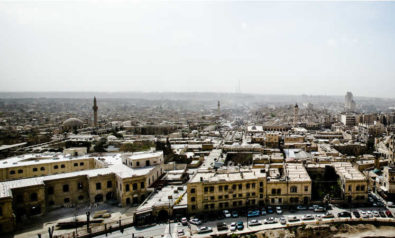
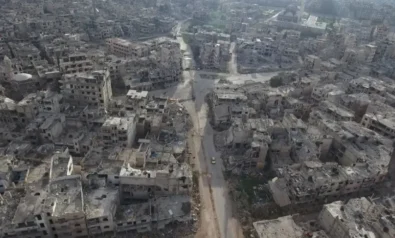
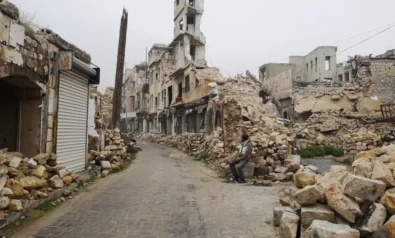
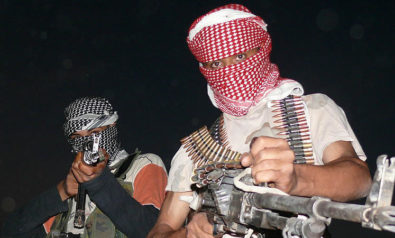
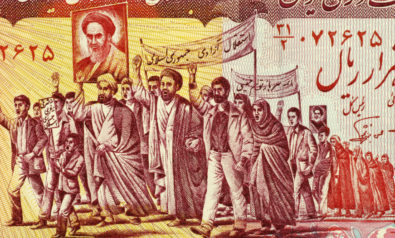

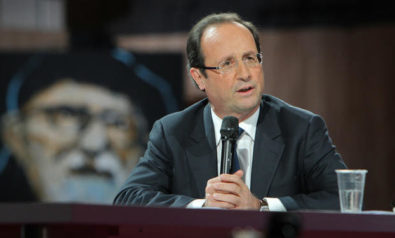
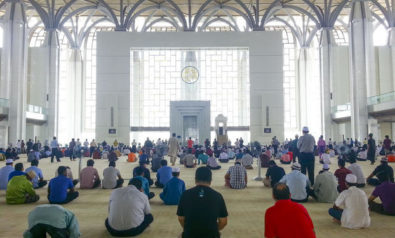
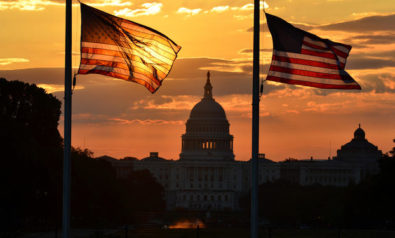
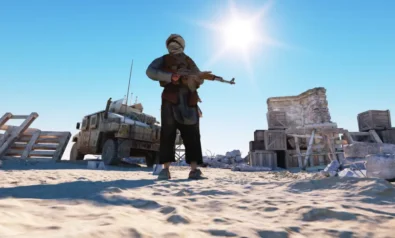
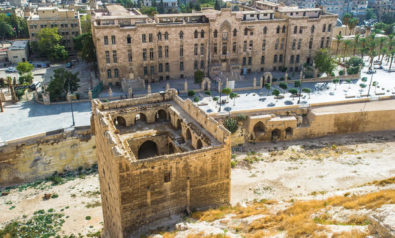
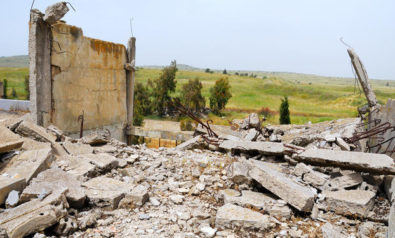
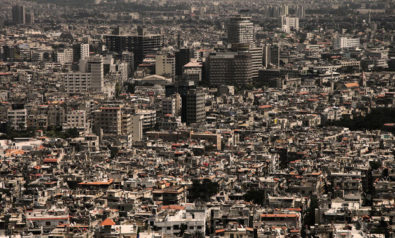

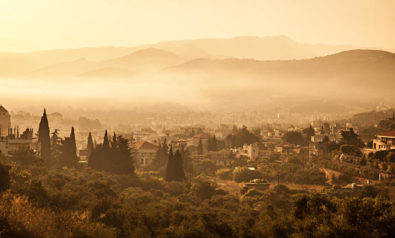
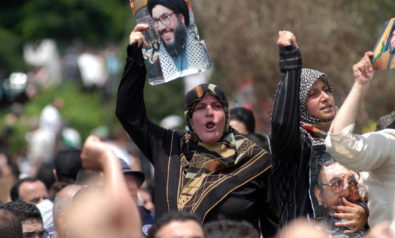
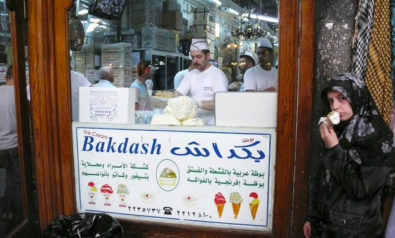

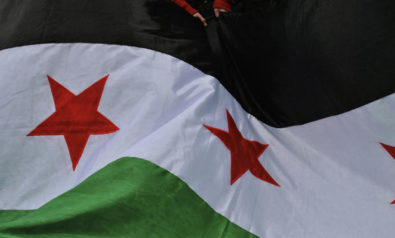
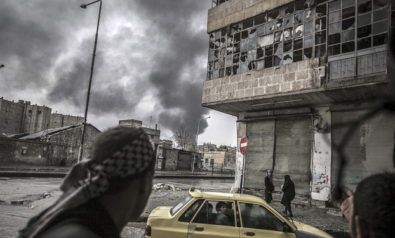
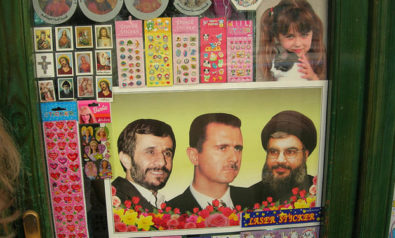
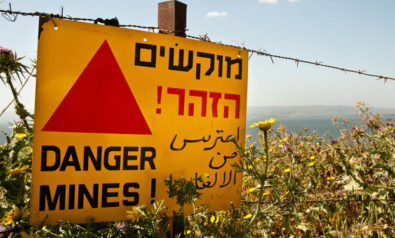
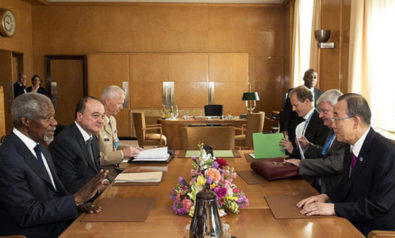
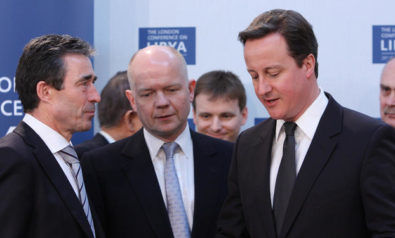
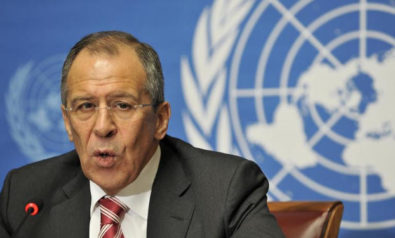
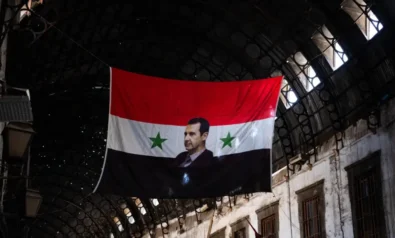
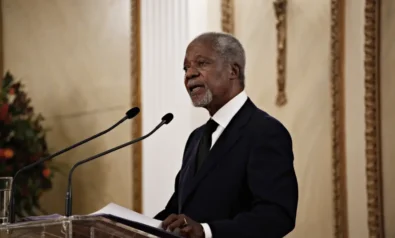
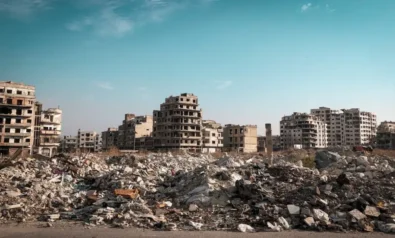
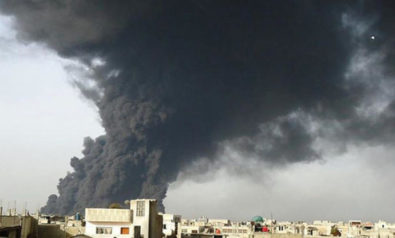

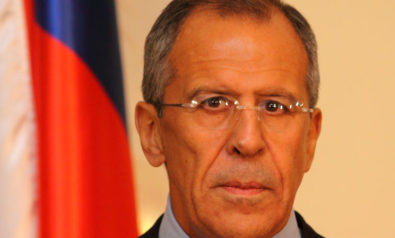
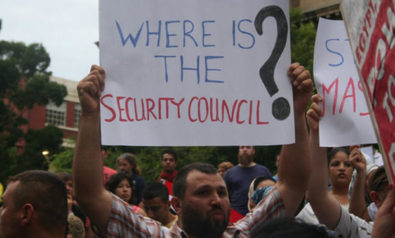
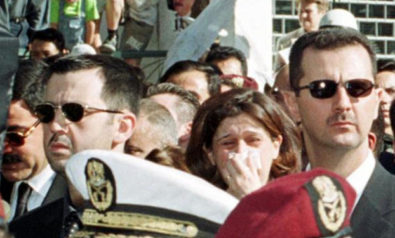
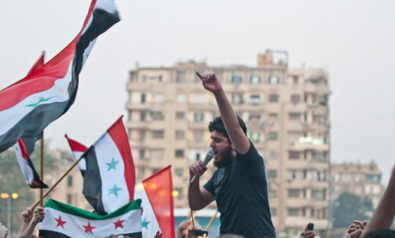
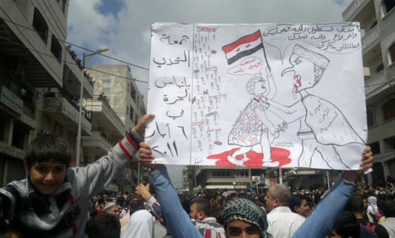
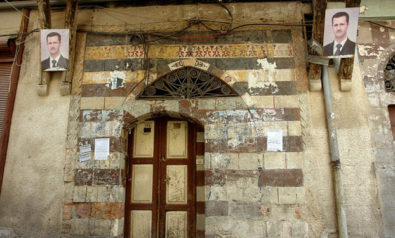

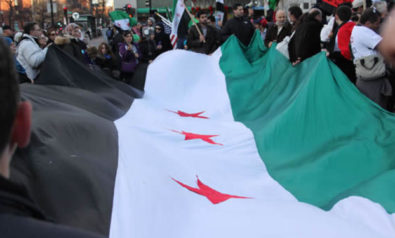

Comment